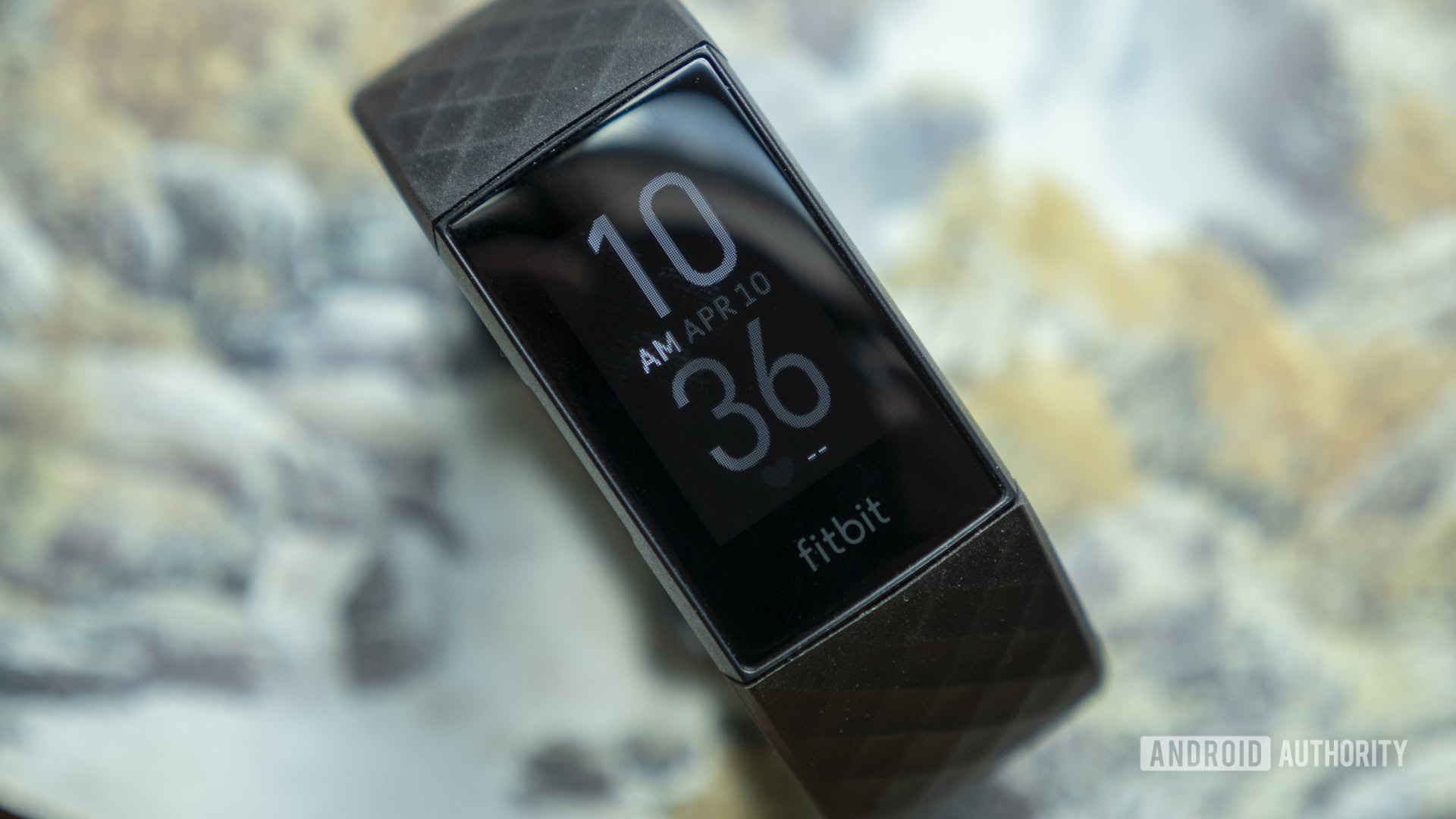Affiliate links on Android Authority may earn us a commission. Learn more.
Google's Fitbit buy facing EU scrutiny (Update: Google might have easy way out)

Update, July 10, 2020 (10:09 AM ET): The Google Fitbit acquisition is facing some tough scrutiny from policymakers in the EU, as described in the original article below. However, Reuters reported this morning that those same policymakers are allegedly ready to give Google an easy way to earn approval: simply pledge not to use any Fitbit data for ad targeting.
One of the biggest concerns the EU has related to the Google Fitbit buy is that Google will use sensitive health data gleaned from Fitbit devices to better target ads at consumers. To its credit, Google has already said it won’t do this, but the EU is likely looking for a more concrete promise. How that could look is unclear at the moment.
The European Commission, which is scheduled to decide on the deal by July 20, declined to comment on this news.
Google’s $2.1 billion purchase of Fitbit is getting a closer look from European Union regulators before they decide on whether or not to approve the deal.
The Financial Times understands (via The Verge) that officials have sent questionnaires to Google and Fitbit competitors to gauge the effect of the deal on their businesses. The EU wants to know how the acquisition may hurt fitness tracking apps in the Play Store, how Google might use Fitbit data to profile users for ads, and how the purchase might influence the digital health industry.
In a previous statement to CNET, Google stressed that Fitbit’s data “will not be used” for ads and that the focus was on hardware like Versa smartwatches, not information.
The EU has given itself until July 20 to make a decision on Google’s purchase. If the deal doesn’t receive approval by then, the EU can either make further demands from Google or launch a four-month investigation to address any outstanding issues. A long investigation is a distinct possibility given the scope of the questions, the FT said.
As it stands, the European governing body is facing pressure from elsewhere. Australia’s Competition and Consumer Commission has expressed concern that Google might use the data to claim an edge over would-be rivals, while 20 consumer groups from Europe and the Americas have argued that the Fitbit purchase is a chance to curb a potential data monopoly. Although the EU doesn’t have to listen to those calls for action, it wouldn’t be surprising if they influenced the upcoming decision.